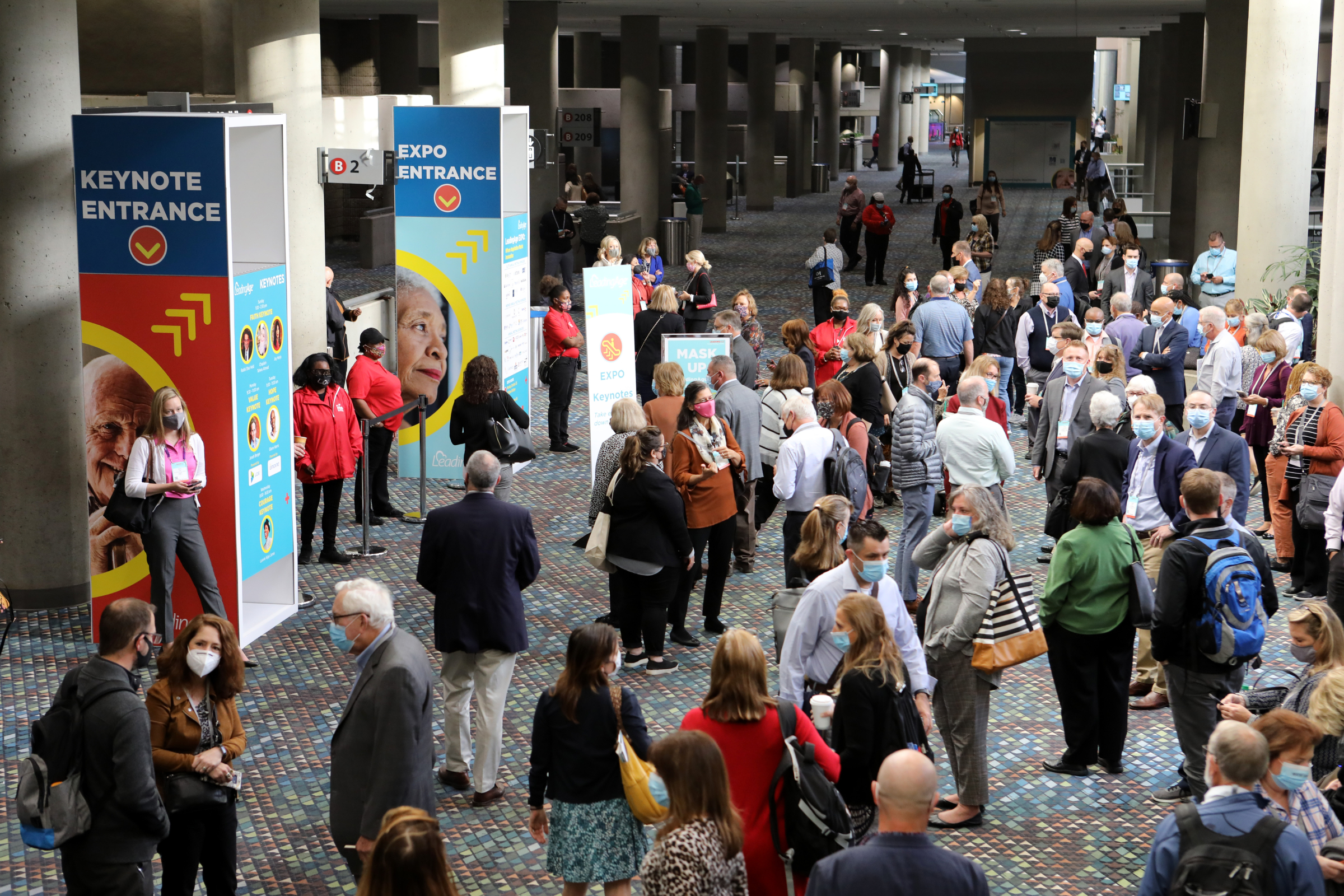COVID-19 Hospice Respite Care Relief Act Introduced – UPDATED
LeadingAge and our partners, the Visiting Nurse Associations of America and ElevatingHOME worked closely with Representaives Troy Balderson and Donna Shalala to introduce a House companion to S. 4423 which was introduced in August by Senators Sherrod Brown and Shelley Moore Capito. We worked with Senators Brown and Capito to develop this legislation after hearing from a number of members about ways in which flexibility in respite care could help patients and families during the COVID-19 emergency and in future emergencies and are pleased that Representatives Balderson and Shalala agreed to introduce a House version.
The hospice benefit allows for access to short term, inpatient respite care services for when the patient’s usual caregiver needs a break – under current law, a patient can only receive up to 5 consecutive days of respite care at a time.
During the emergency, we have heard from members who both have been unable to provide normal respite services because patients and families do not want to leave their homes to go to a respite bed (either at a hospice inpatient facility, a hospital, or a skilled nursing facility) out of fear of their loved one contracting COVID-19 or a shortage of available beds due to the pandemic. There have been more hospice patients ready for discharge from an inpatient stay who would benefit from a respite stay until there is a safe discharge location or the caregiver is ready for the patient to come home. There are also caregivers who are either exposed to COVID or have COVID who need additional support while they self-isolate.
The COVID-19 Hospice Respite Care Relief Act of 2020 provides a policy solution aimed at providing more flexibility for hospice respite care during an emergency. It would give the Secretary of Health and Human Services (HHS) the authority to make the hospice respite care benefit more flexible during any public health emergency, including the current COVID-19 pandemic. The bill would allow for respite care to occur outside an inpatient setting during the emergency, which ensures that patients, families, and hospices can work together to make sure that respite care takes place in the best location for that patient and caregiver. Additionally, the bill would allow for hospice patients to receive up to 15 consecutive days of respite care which ensures they will receive the care needed if a caregiver is unavailable due to, for example, COVID-19 infection or the need to self-isolate after exposure.
Please see this one-pager for more information on the legislation.

Most Recommended
January 14, 2025
CAST’s Evolution: Reflection on What’s Ahead
April 18, 2025
 Improving Medicare Advantage
Improving Medicare Advantage
Recently Added
April 17, 2025
Extended: Nursing Home Revalidation Deadline Now August 1
April 16, 2025



